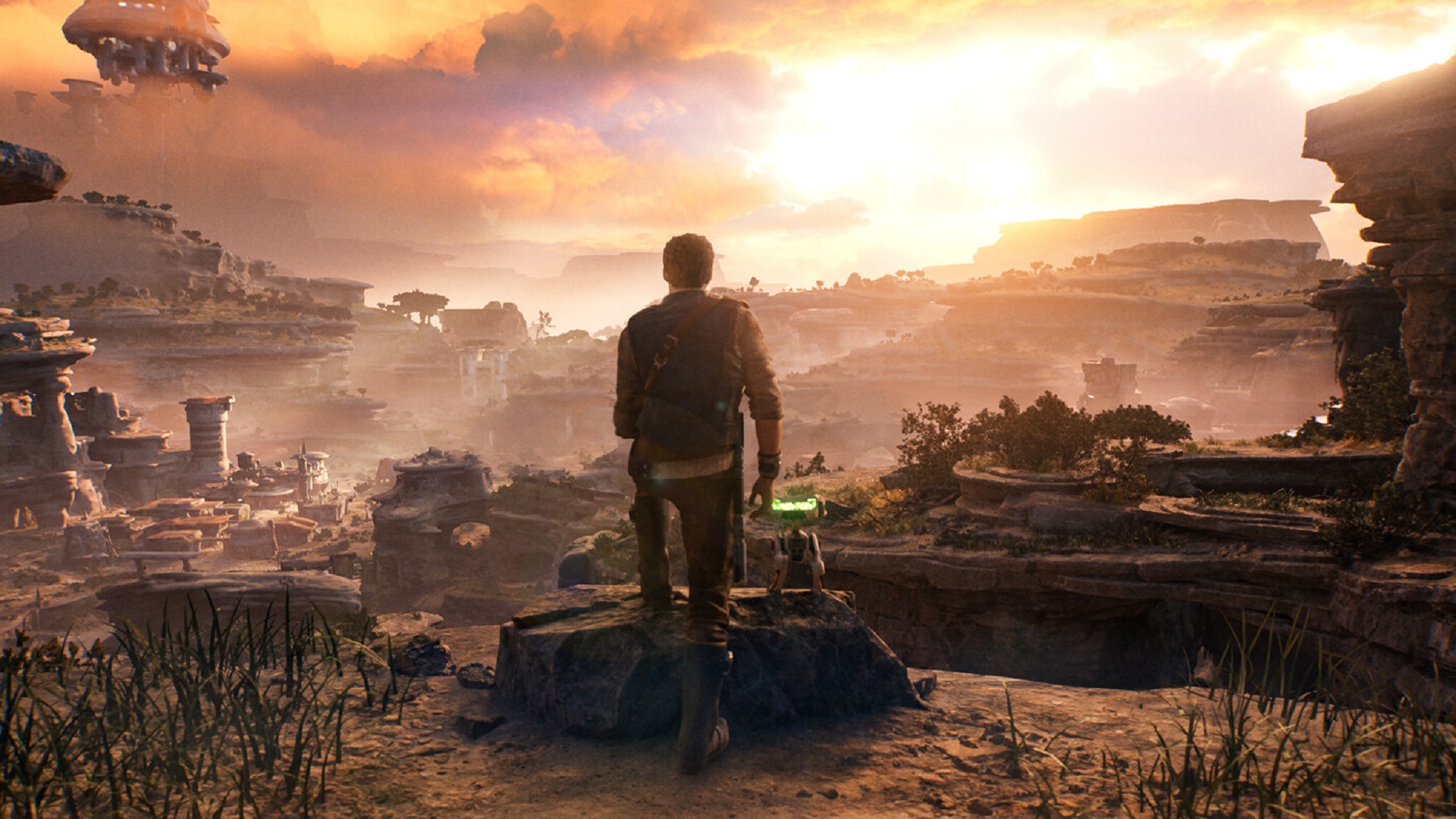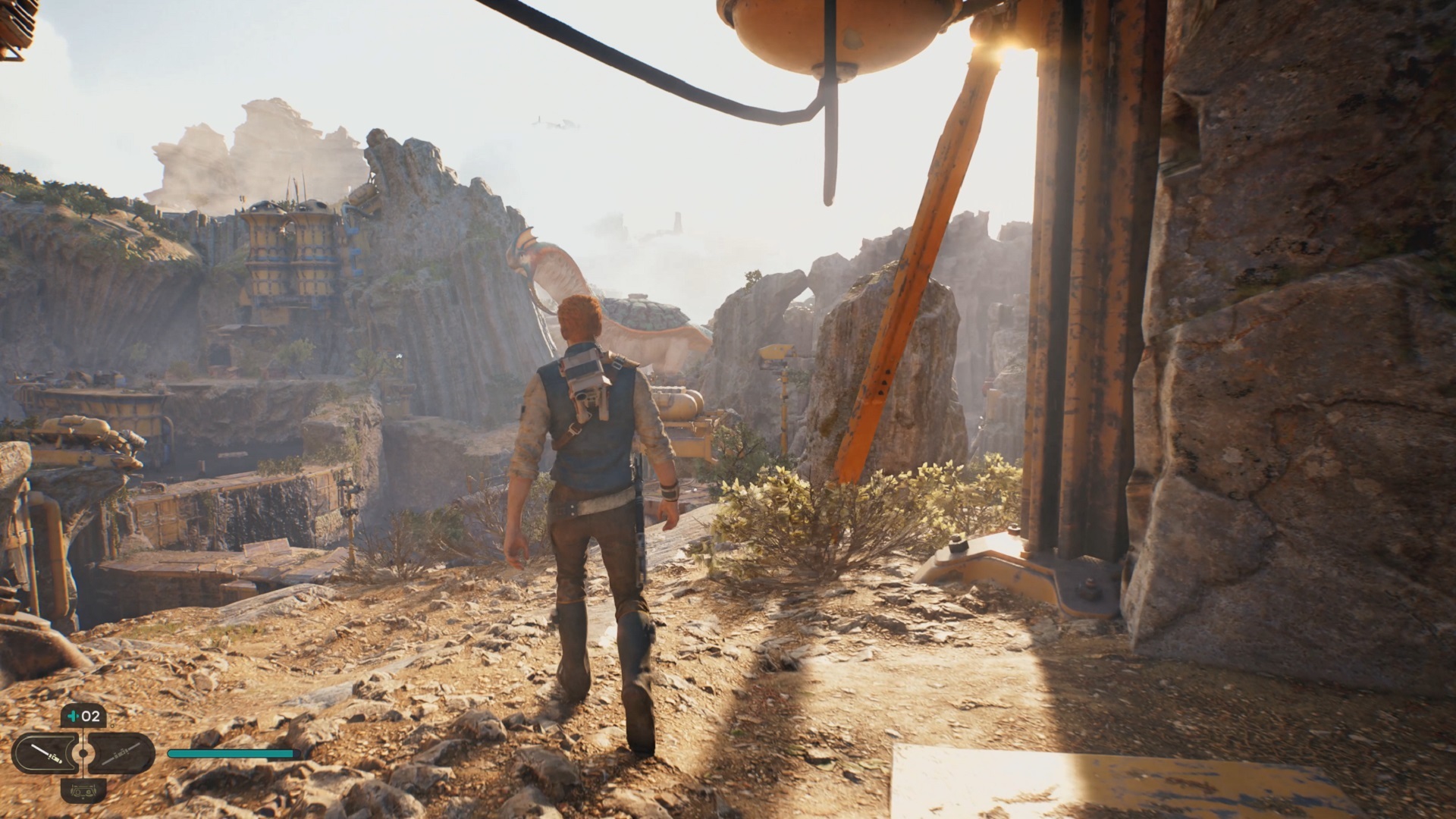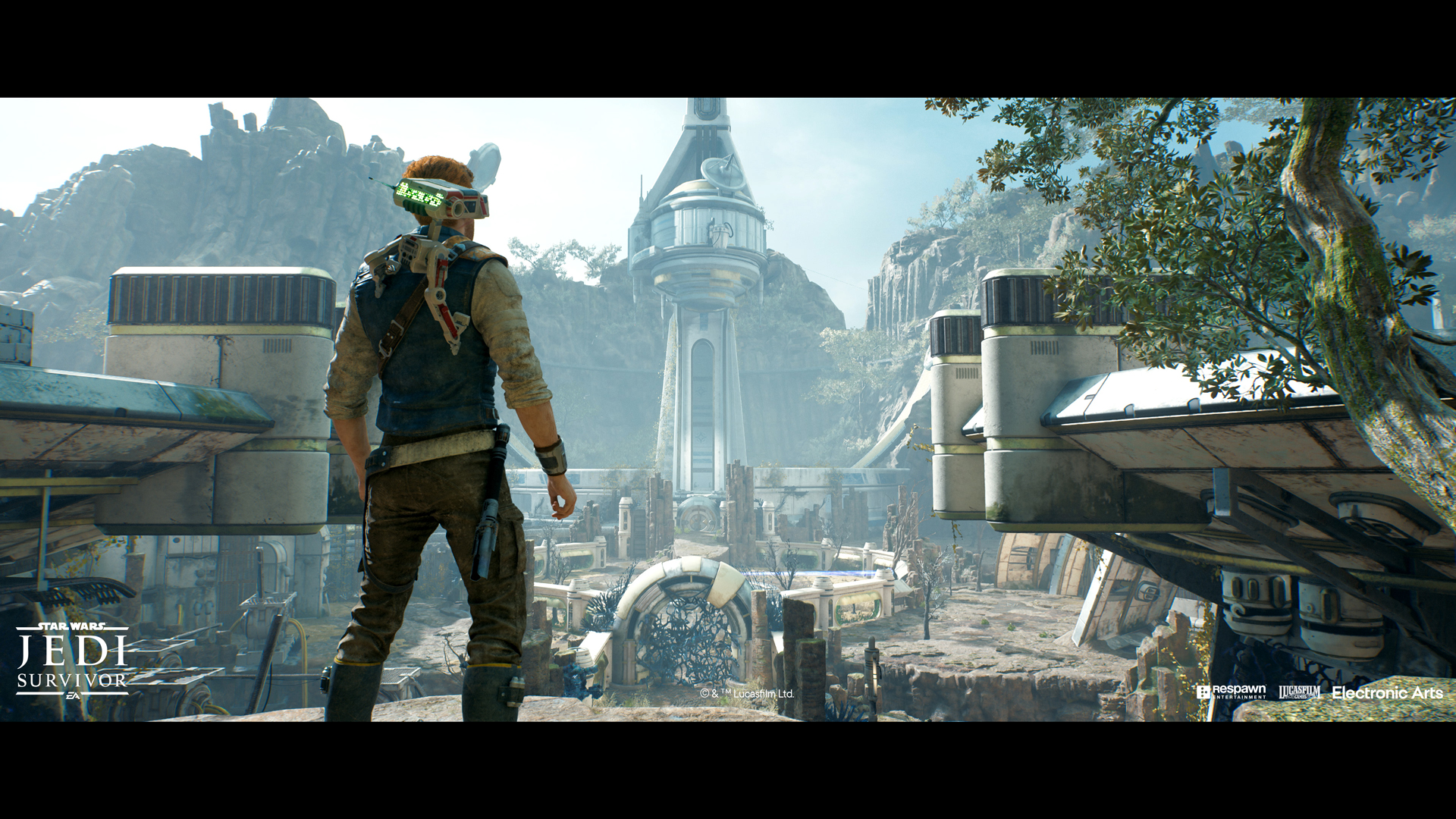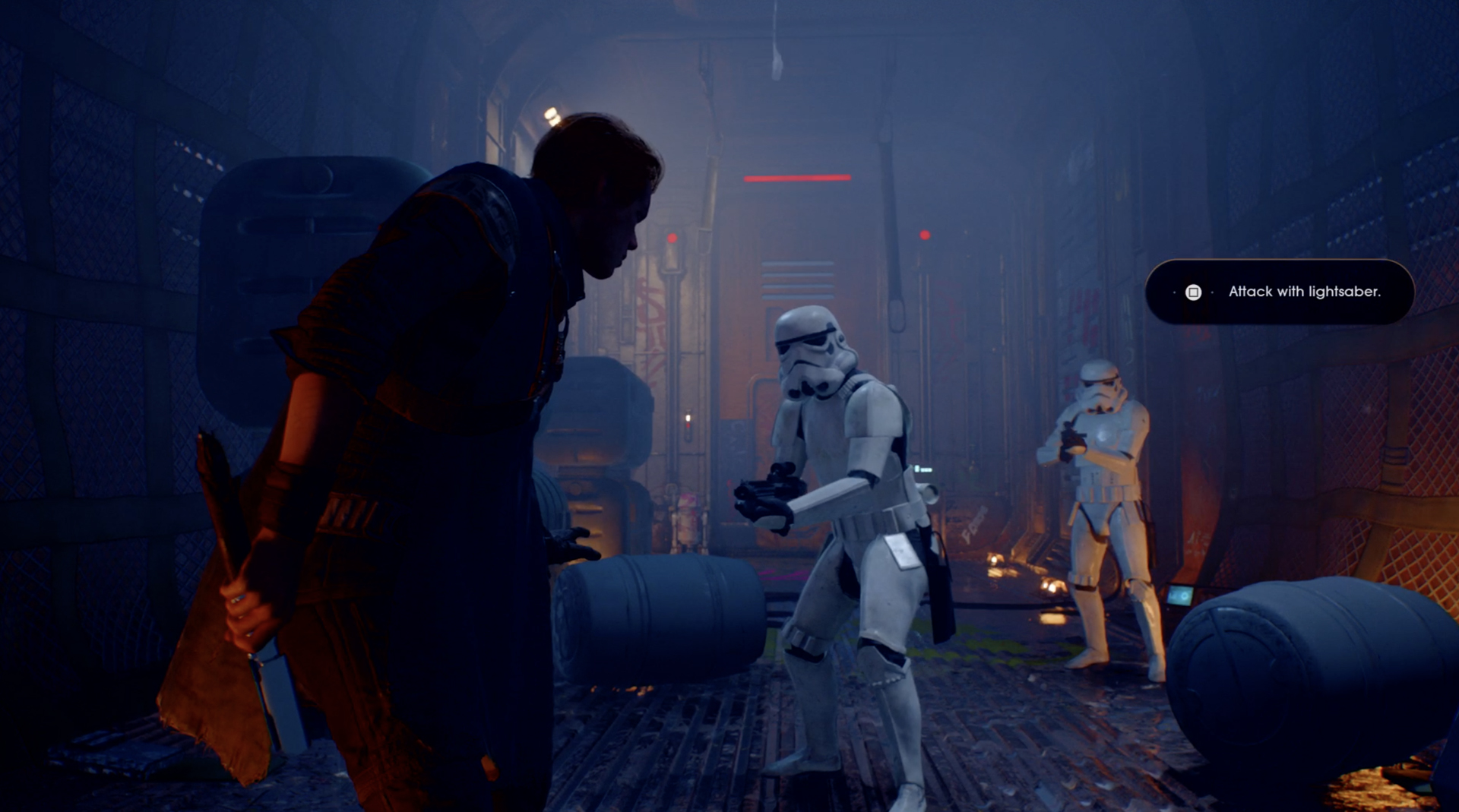Star Wars Jedi: Survivor's stance on fast travel is awesome, and more new games should follow suit
Opinion | Survivor has been built "without fast travel in mind", and that's a great thing

Star Wars Jedi: Survivor improves on its Fallen Order forerunner in just about every way. That's according to GamesRadar+'s Heather Wald, who rolled straight from the first game into its sequel – having gone hands-on with an in-development build of the latter this week. From its combat to its character development, its fighting to its fast travel, our Senior Staff Writer was impressed across the board with the nips and tucks made to Cal Kestis' latest tale. Which, of course, bodes well for Respawn Entertainment's incoming action role-player sequel as it bears down on its April 28 release date.
Everything in Star Wars Jedi: Survivor is designed "without fast travel in mind", the devs told us, suggesting that the introduction of the mechanic in Survivor (one notably absent from Fallen Order) is in place to encourage exploration, and not restrict it or simply speed things up. On the player's end, there's a fine line between each of these outcomes, and while I'm yet to experience fast travel in Star Wars Jedi: Survivor myself, the outward conversation is an important one – especially when considering how the mechanic applies in some of our favorite open-world games in recent years.
Far, far away

I enjoy the fundamentals of open-world games – non-linear quests, divergent mission structures, sophisticated leveling systems, scores of troubled NPCs, and reams of weapons and armor and spells – but one simple pleasure that I adore is pushing the boundaries of their maps. I love climbing to the highest peak early doors, picking a point of interest far off in the distance, and traveling to it simply because I can. I spent my formative years being wowed by the visual strides made in the Tomb Raider, Metal Gear Solid, Resident Evil, and Uncharted series, but being shown a glorious but inaccessible vista in Drake's Deception, and being able to plunder one in, say, Elden Ring, are two very different things.
Games like Fallen Order are more contained than FromSoftware's latest, massive and sprawling ARPG, but the absence of fast travel in Cal's debut outing was something that irked many players. "Fast travel was definitely something that was requested," said director of production Kasumi Shishido at our Star Wars Jedi: Survivor preview event. "A lot of people wanted it for Fallen Order. And you know, that's something that we kind of agree with the fans – like, that's really going to help exploration and we have a lot of side content in the game."
Survivor's design director Jason De Heras added: "The Nekko that you ride, you know that's part of his journey and his progression and getting more powers and that obviously helps you navigate areas faster. Fast travel's there, but you don't have to use it and we design everything without fast travel in mind."

"But, equally, knowing that this decision was not an arbitrary one, and that everything here's been designed without fast travel in mind is refreshing".
De Heras' closing sentiments there made me think of another of FromSoftware's esteemed action RPGs: Dark Souls. During the first half of Dark Souls, players cannot fast travel whatsoever, which forces them to learn the game world's seamlessly interlinked pathways and vertical shortcuts between zones. By the time fast travel is unlocked, the player already understands the geography, logistics and physics of Lordran's mainline and offshoot locations, which makes fast travel itself more of a convenience as the game ramps up its challenge towards conclusion. Later Souls games arguably diluted their scope for exploration by offering fast travel from the outset – something I reckon Elden Ring helped sidestep by way of its unpredictable elevations and insurmountable knife-edge drops. You can fast travel from the outset in Elden Ring, but doing so doesn't always make traversal easier.
In games like Skyrim, Fallout 4, God of War, and Spider-Man, fast travel all but renders exploration pointless by their third acts, wherein players have unlocked every waypoint and have access to the entirety of these games' playgrounds. In linear games such as the Dead Space remake, backtracking can be frustrating, but with new enemies and scripted events introduced to familiar areas between times, doing so keeps tension high from start to finish.
Sign up to the GamesRadar+ Newsletter
Weekly digests, tales from the communities you love, and more
And so, ultimately, it's great to hear the Respawn team not only taking on board player feedback to this end, but also staying true to their design vision. The absence of fast travel in a game that likely needed it was apparent in Fallen Order, and it shows a respect for players' time by adding it in Survivor. But, equally, knowing that this decision was not an arbitrary one, and that everything here's been designed without fast travel in mind is refreshing – especially with the likes of Starfield, Zelda: Tears of the Kingdom, Diablo 4, Marvel's Spider-Man 2, and Dead Island 2 all still to come this year.
Expand your mind with the best open world games out now

Joe Donnelly is a sports editor from Glasgow and former features editor at GamesRadar+. A mental health advocate, Joe has written about video games and mental health for The Guardian, New Statesman, VICE, PC Gamer and many more, and believes the interactive nature of video games makes them uniquely placed to educate and inform. His book Checkpoint considers the complex intersections of video games and mental health, and was shortlisted for Scotland's National Book of the Year for non-fiction in 2021. As familiar with the streets of Los Santos as he is the west of Scotland, Joe can often be found living his best and worst lives in GTA Online and its PC role-playing scene.



